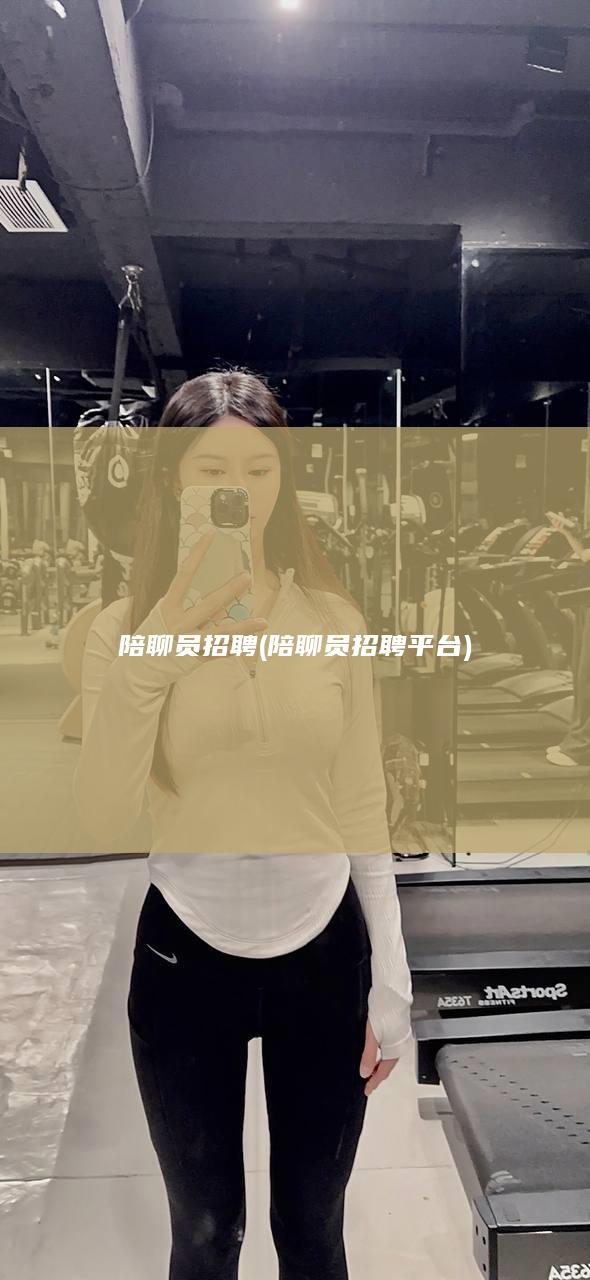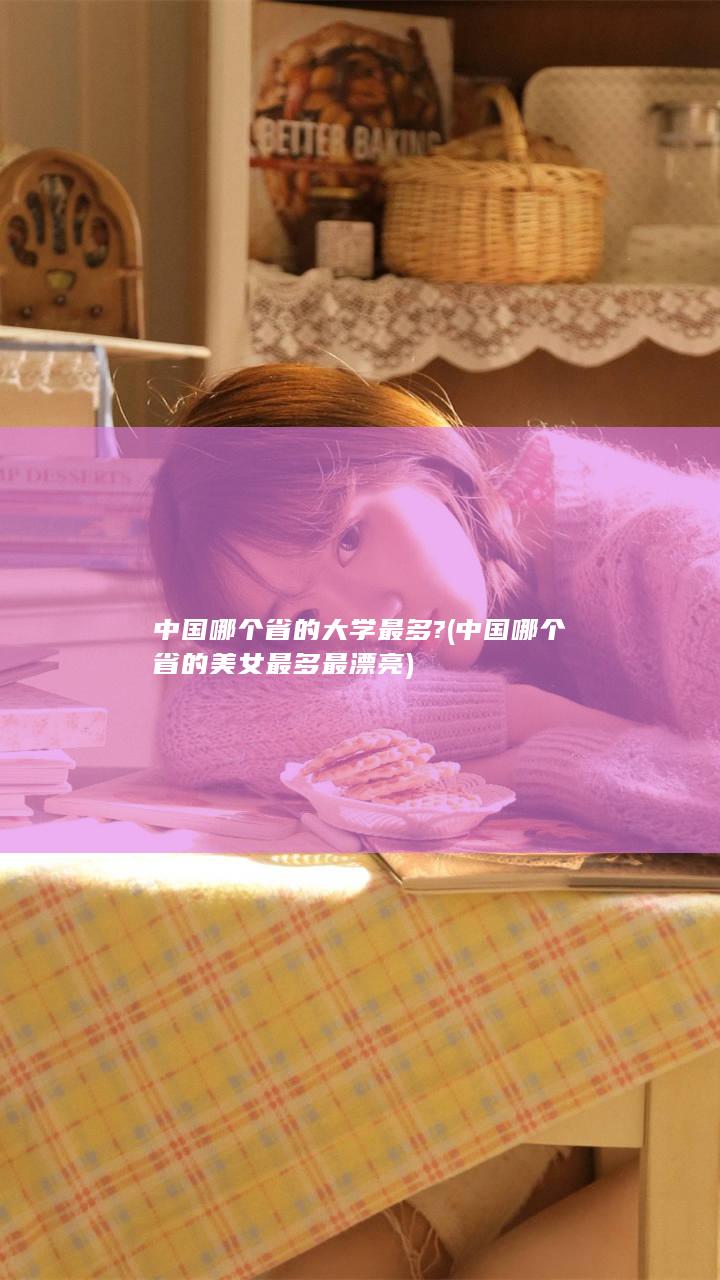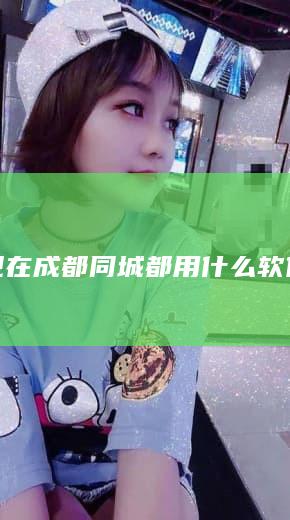娱乐英语单词大全100个

娱乐英语单词大全100个
在当今全球化的社会中,学习英语不仅是一种必要的技种连接世界的桥梁。随着娱乐产业的不断发展,娱乐英语单词也变得愈发重要。以下是一份精心整理的娱乐英语单词大全,希望能够帮助大家扩展词汇量,更好地了解和享受娱乐世界。

1. Actor(演员):A person who performs in plays, movies, or television shows. 例如:Leonardo DiCaprio is a talented actor.
2. Actress(女演员):A female actor. 例如:Meryl Streep is an award-winning actress.
3. Audience(观众):The people who watch a performance. 例如:The audience clapped loudly at the end of the concert.
4. Award(奖项):A prize or honor given to someone for achievement. 例如:He won an award for Best Director.
5. Box office(票房):The place where tickets are sold for a movie, show, or event. 例如:The movie broke box office records.
6. Celebrity(名人):A famous person. 例如:Many celebrities attended the red carpet event.
7. Director(导演):The person who controls the making of a film or television show. 例如:Steven Spielberg is a renowned director.
8. Drama(戏剧):A play or movie that is serious and has an unhappy ending. 例如:She enjoys watching classic dramas.
9. Entertainment(娱乐):Something that amuses, pleases, or diverts people. 例如:The theme park offers a variety of entertainment options.
10. Film(电影):A motion picture. 例如:They went to the cinema to watch a new film.
11. Hollywood(好莱坞):A district in Los Angeles where many movie studios are located. 例如:Many aspiring actors dream of making it big in Hollywood.
12. Improv(即兴表演):The act of performing without preparation. 例如:The actors impressed the audience with their improv skills.
13. Lyrics(歌词):The words of a song. 例如:She enjoys writing her own lyrics.
14. Musician(音乐家):A person who plays a musical instrument or writes music. 例如:He is a talented musician who plays multiple instruments.
15. Performance(表演):An act of presenting a play, concert, or other form of entertainment. 例如:The band gave an amazing performance on stage.
16. Plot(情节):The main events of a play, movie, or book. 例如:The movie has a captivating plot.
17. Rehearsal(彩排):Practice session before a performance. 例如:The actors spent hours in rehearsal to perfect their scenes.
18. Script(剧本):The written text of a play, movie, or television show. 例如:She spent months writing the script for her debut film.
19. Singer(歌手):A person who sings. 例如:The singer captivated the audience with her powerful voice.
20. Soundtrack(配乐):The music that accompanies a movie or show. 例如:The soundtrack of the film was nominated for an award.
21. Stage(舞台):The area where actors perform in a theater. 例如:He felt nervous stepping onto the stage for the first time.
22. Star(明星):A famous and successful entertainer. 例如:She became a star after her breakout role in the movie.
23. Talent show(才艺表演节目):A television program where contestants showcase their talents. 例如:Many young singers start their careers on talent shows.
24. Theater(剧院):A building where plays and movies are performed. 例如:They went to see a play at the local theater.
25. Ticket(门票):A piece of paper that allows admission to an event. 例如:I bought a ticket to the concert.
26. Audience participation(观众参与):Involving the audience in a performance. 例如:The comedian encouraged audience participation during the show.
27. Blockbuster(票房大片):An extremely successful movie. 例如:The film was a blockbuster hit worldwide.
28. Cast(演员阵容):The actors in a movie, play, or show. 例如:The cast of the film included famous actors.
29. Character(角色):A person in a play, movie, or book. 例如:He played the lead character in the musical.
30. Close-up(特写镜头):A shot in a movie that shows a person or thing very clearly. 例如:The director used a close-up to emphasize the actor"s emotions.
31. Comedy(喜剧):A play, movie, or show that is funny. 例如:They enjoy watching romantic comedies.
32. Costume(戏服):The clothing worn by actors in a play or movie. 例如:The elaborate costumes added to the authenticity of the period drama.
33. Dance(舞蹈):A series of movements set to music. 例如:She has been practicing her dance routine for weeks.
34. Dialogue(对话):The conversation between characters in a play, movie, or show. 例如:The dialogue in the film was witty and engaging.
35. Dub(配音):To replace the original voice in a movie with another language. 例如:The foreign film was dubbed into English for international audiences.
36. Ending(结局):The final part of a play, movie, or book. 例如:The unexpected ending of the film left the audience stunned.
37. Extras(群众演员):People in the background of a movie scene who do not have speaking roles. 例如:She worked as an extra in several films before landing a lead role.
38. Genre(类型):A category of artistic composition, as in music or literature. 例如:She enjoys movies in the horror genre.
39. Green screen(绿幕技术):A special effects technique used in movies and TV shows. 例如:The actors performed in front of a green screen to create a magical backdrop.
40. Hit(热门作品):A successful and popular movie, song, or show. 例如:The song became a hit on the radio.
41. Improvisation(即兴表演):The act of making things up as you go along. 例如:The comedian"s improvisation skills kept the audience laughing.
42. Lighting(灯光):The arrangement of lights in a play, movie, or show. 例如:The stage lighting created a dramatic effect.
43. Make-up(化妆):Cosmetic applied to the face for a theatrical or film production. 例如:The make-up artist transformed the actor into an elderly character.
44. Monologue(独白):A long speech by one person in a play or movie. 例如:The actor delivered a powerful monologue in the final scene.
45. Musical(音乐剧):A play or movie where characters sing and dance. 例如:She dreams of starring in a Broadway musical.
46. Opening night(首映):The first performance of a play, movie, or show. 例如:The actors were nervous on opening night.
47. Plot twist(情节转折):A sudden change in the story that surprises the audience. 例如:The movie had a plot twist that nobody saw coming.
48. Props(道具):Objects used by actors in a play or movie. 例如:The prop master carefully selected the props for each scene.
49. Reboot(重启):To start a movie or TV show over with a new cast or storyline. 例如:The franchise decided to reboot the popular series.
50. Romance(浪漫):A story or movie about love. 例如:She enjoys watching romantic comedies with happy endings.
51. Scene(场景):A part of a play, movie, or show with a specific setting. 例如:The dramatic scene brought tears to the audience"s eyes.
52. Score(配乐):The music for a movie or show. 例如:The composer won an award for his beautiful score.
53. Sequel(续集):A movie or book that continues the story of a previous work. 例如:The sequel to the popular film was highly anticipated.
54. Special effects(特效):Techniques used to create illusions in movies and TV shows. 例如:The movie won an award for its groundbreaking special effects.
55. Stunt(特技):A dangerous or difficult action performed by a stunt person. 例如:The stunt double performed the risky stunt flawlessly.
56. Suspension of disbelief(暂时搁置现实):The audience"s willingness to believe the unreal or improbable in a story. 例如:The fantasy film relies on the audience"s suspension of disbelief.
57. Theme(主题):The central topic or idea in a work of art. 例如:The movie explores the theme of redemption.
58. Thriller(惊悚片):A movie or book that excites and thrills the audience. 例如:He enjoys suspenseful thrillers that keep him on the edge of his seat.
59. Trailer(预告片):A short video advertising a movie or show. 例如:The trailer for the new film generated a lot of buzz online.
60. Villain(反派角色):The evil or antagonist character in a story. 例如:The actor portrayed the villain with chilling perfection.
61. Action(动作片):A genre of film that features physical feats and fight scenes. 例如:He enjoys watching action movies with intense fight sequences.
62. Adaptation(改编):A movie or show based on a book or other source material. 例如:The adaptation of the novel was well-received by critics.
63. Animation(动画片):A movie or show created using animated characters or images. 例如:The animated film was a hit with audiences of all ages.
64. Art house(艺术片):A movie that is artistic or experimental in nature. 例如:She enjoys watching art house films at independent theaters.
65. Backdrop(背景):The painted background or scenery in a play, movie, or show. 例如:The backdrop created a stunning setting for the performance.
66. Bloopers(幕后花絮):Outtakes or mistakes in a movie or show. 例如:The DVD included a reel of hilarious bloopers from the film.
67. Cameo(客串):A brief appearance by a famous person in a movie or show. 例如:The actor made a cameo in the film as a nod to his fans.
68. Cinematography(摄影术):The art and technique of movie photography. 例如:The film won an award for its stunning cinematography.
69. Costume design(服装设计):The creation of clothing and costumes for characters in a movie or show. 例如:The costume designer won acclaim for her intricate costume designs.
70. Fantasy(奇幻片):A genre of film that features magical or supernatural elements. 例如:She enjoys watching fantasy films set in otherworldly realms.
71. Flashback(闪回):A scene in a movie or show that goes back in time. 例如:The flashback revealed crucial information about the character"s past.
72. Frame(画面):A single image in a movie or show. 例如:The director carefully framed each shot for maximum impact.
73. Indie(独立电影):A movie produced by independent filmmakers outside of the major studios. 例如:The indie film gained critical acclaim at film festivals.
74. Montage(剪辑):A series of images or clips edited together in a movie. 例如:The montage showed the protagonist"s journey of self-discovery.
75. Motion capture(动作捕捉):A technique used to record the movements of actors for animated characters. 例如:The film used motion capture technology to bring the fantasy creatures to life.
76. Non-linear storytelling(非线性叙事):A narrative style that does not follow a chronological order. 例如:The movie"s non-linear storytelling kept audiences guessing until the end.
77. Overdub(重配音):To add a new voice to a movie or show. 例如:The actor overdubbed his lines in post-production.
78. Protagonist(主角):The main character in a story. 例如:The protagonist overcame many obstacles to achieve her goals.
79. Screenplay(剧本):The script of a movie, including dialogue and stage directions. 例如:The screenwriter spent months working on the screenplay.
80. Sequencing(排列顺序):The order in which scenes are arranged in a movie or show. 例如:The director carefully considered the sequencing of scenes for maximum impact.
81. Silent film(无声电影):A movie without synchronized sound. 例如:Silent films were popular in the early days of cinema.
82. Sound design(音效设计):The creation of audio elements for a movie or show. 例如:The sound design added depth and atmosphere to the film.
83. Spin-off(衍生作品):A movie or show that focuses on a character from a previous work. 例如:The spin-off became as popular as the original series.
84. Subtitle(字幕):Text on screen that translates dialogue in a different language. 例如:She prefers watching foreign films with subtitles.
85. Surreal(超现实主义):A style of film that is dreamlike or bizarre. 例如:The director"s surreal vision captivated audiences.
86. Symbolism(象征主义):The use of symbols to represent ideas or themes. 例如:The film uses water as a symbol of rebirth and renewal.
87. Tension(紧张气氛):A feeling of suspense or excitement in a movie or show. 例如:The director built tension throughout the film"s climax.
88. Title role(主角角色):The character after whom a movie or show is named. 例如:The actor was cast in the title role of the biopic.
89. Tracking shot(跟踪镜头):A shot that follows a moving subject in a movie. 例如:The tracking shot captured the character"s emotional journey.
90. Voice-over(旁白):Narration spoken by a character who is not seen on screen. 例如:The voice-over added depth to the protagonist"s inner thoughts.
91. Adapted screenplay(改编剧本):A script based on a pre-existing work, such as a novel or play. 例如:The adapted screenplay remained faithful to the original source material.
92. Casting director(选角导演):The person responsible for selecting actors for a movie or show. 例如:The casting director discovered many talented newcomers for the film.
93. Final cut(最终剪辑):The version of a movie that is the director"s final approved edit. 例如:The director fought for final cut on the film.
94. Killing off(杀死角色):To write a character out of a story by killing them. 例如:The show shocked fans by killing off a major character.
95. Set design(布景设计):The creation of sets and backgrounds for a movie or show. 例如:The set design transported audiences to a different time period.
96. Soundtrack album(原声碟):An album featuring the music from a movie or show. 例如:The soundtrack album topped the charts for weeks.
97. Stand-in(替身演员):An actor who takes the place of the main actor for lighting and camera setups. 例如:The stand-in helped the crew set up the scene before the actor arrived on set.
98. Voice acting(配音):The performance of voice-only roles in animated films or shows. 例如:The actor excels in voice acting for animated characters.
99. Wrap party(杀青派对):A celebration held after filming has finished. 例如:The cast and crew gathered for a wrap party to celebrate the end of production.
100. Zoom(镜头拉远):A camera technique that magnifies or diminishes the image. 例如:The director used a zoom to focus on the character"s expression
版权声明
本文仅代表作者观点,不代表成都桑拿立场。
本文系作者授权发表,未经许可,不得转载。






